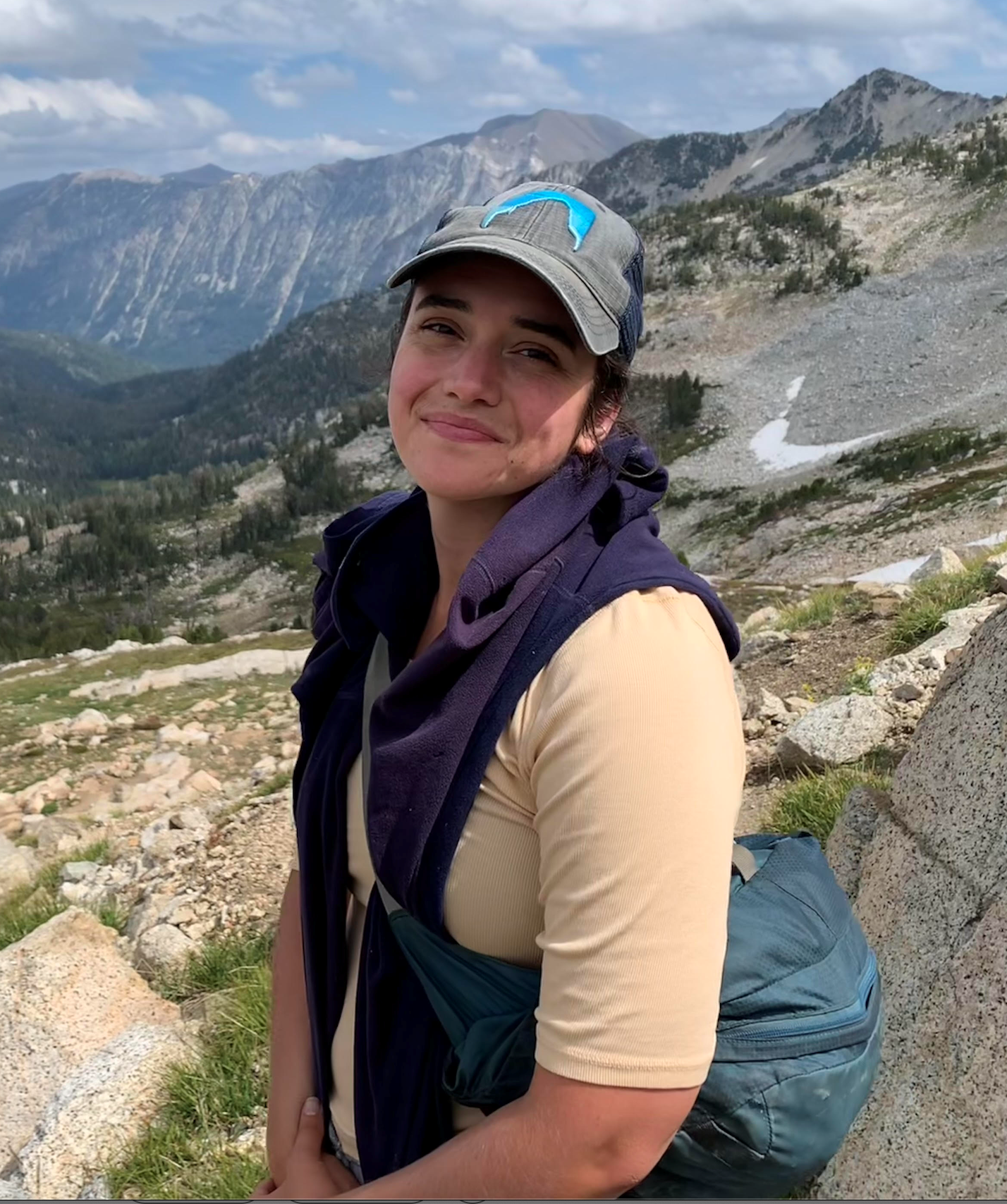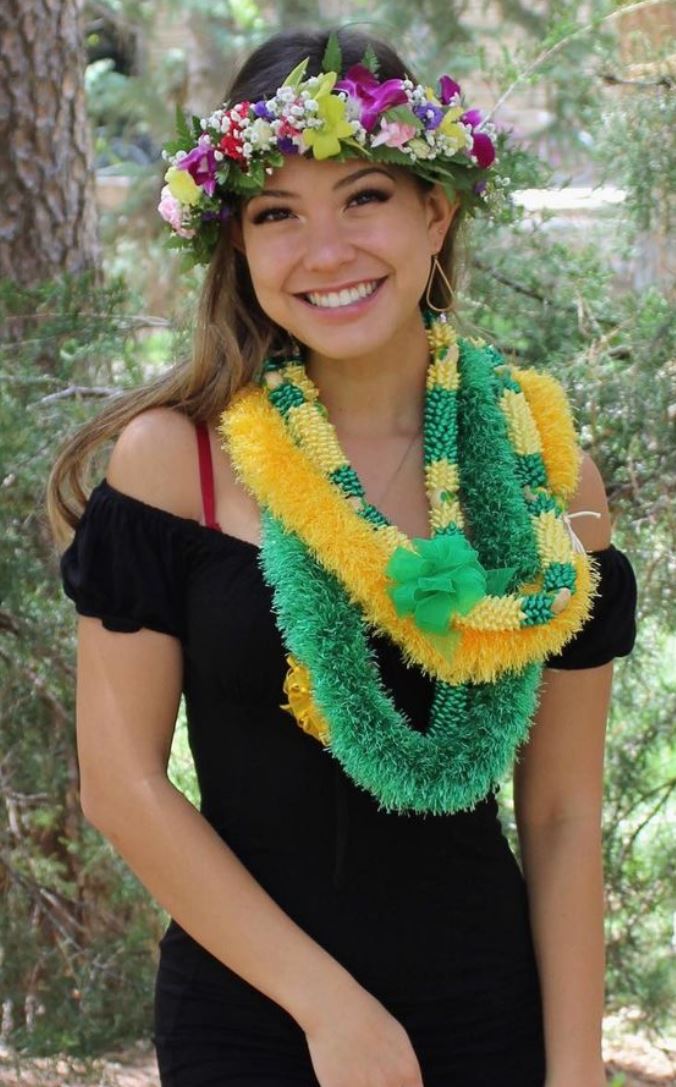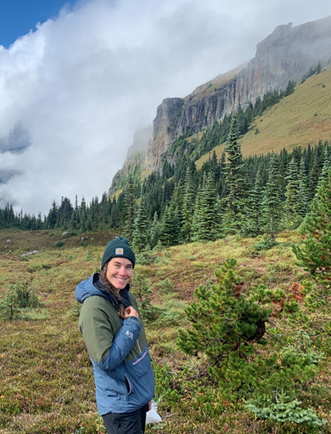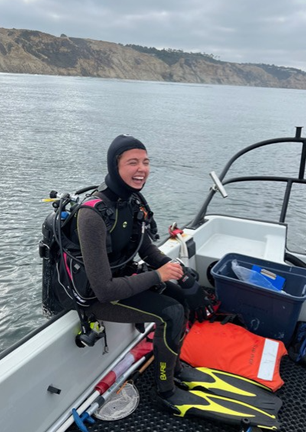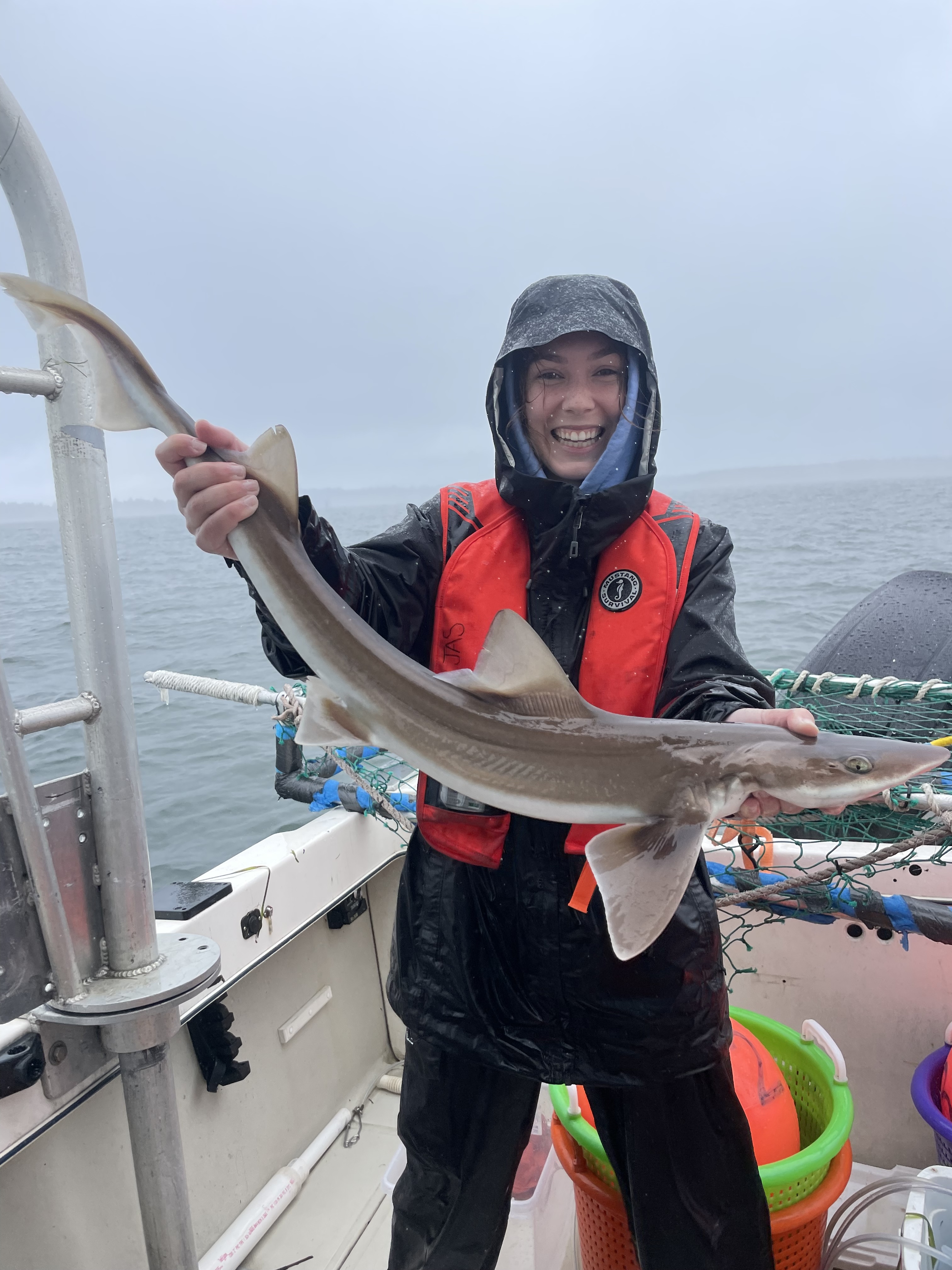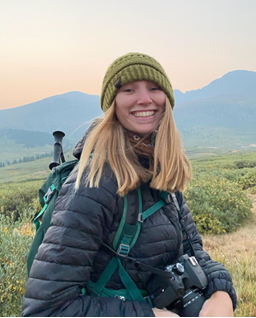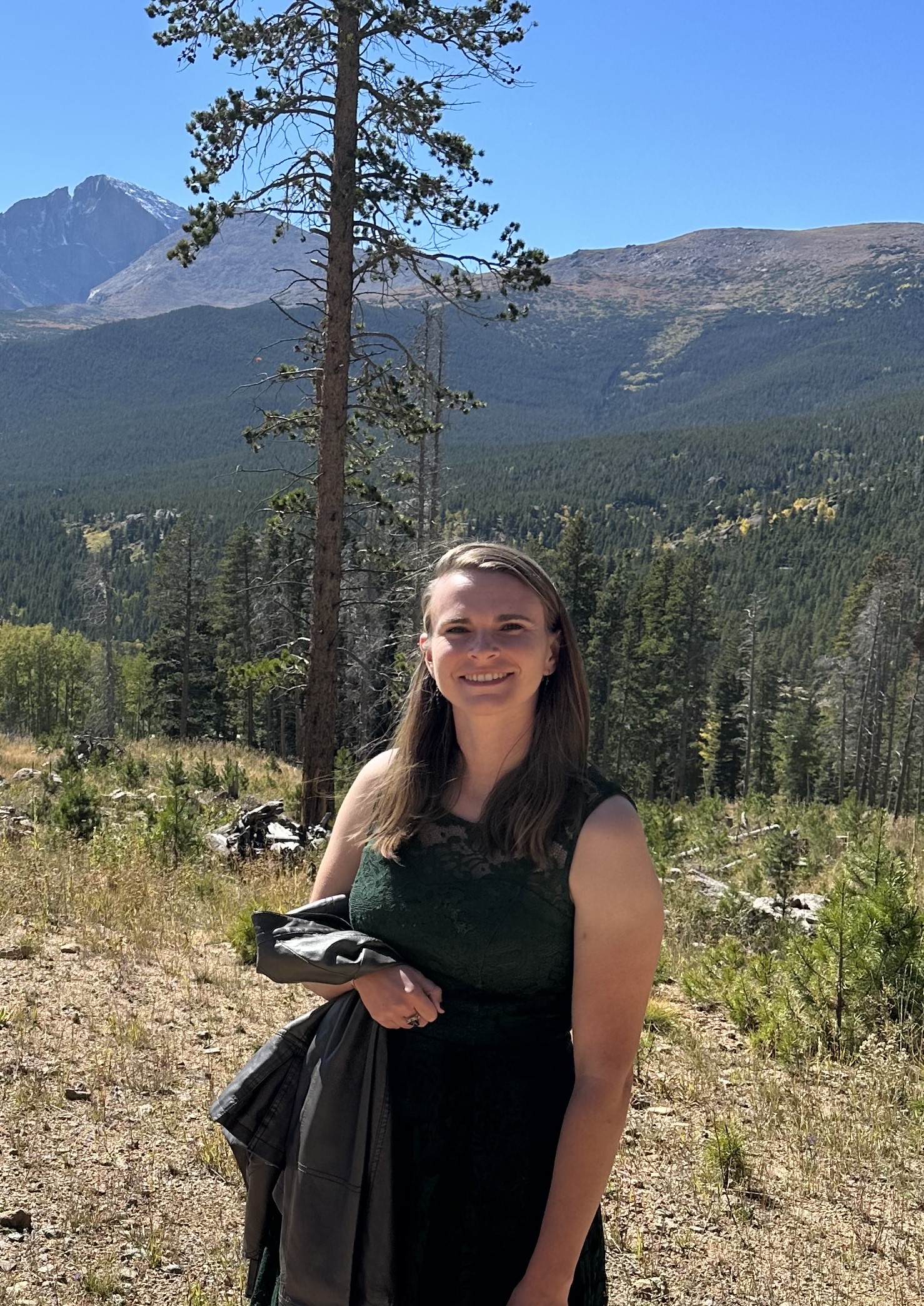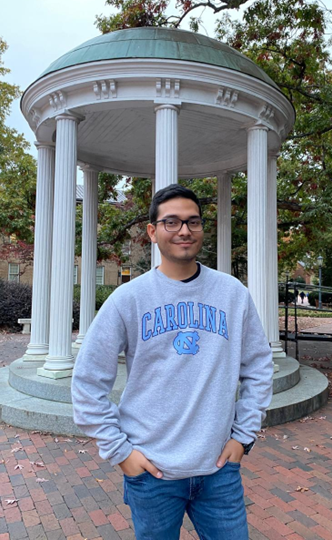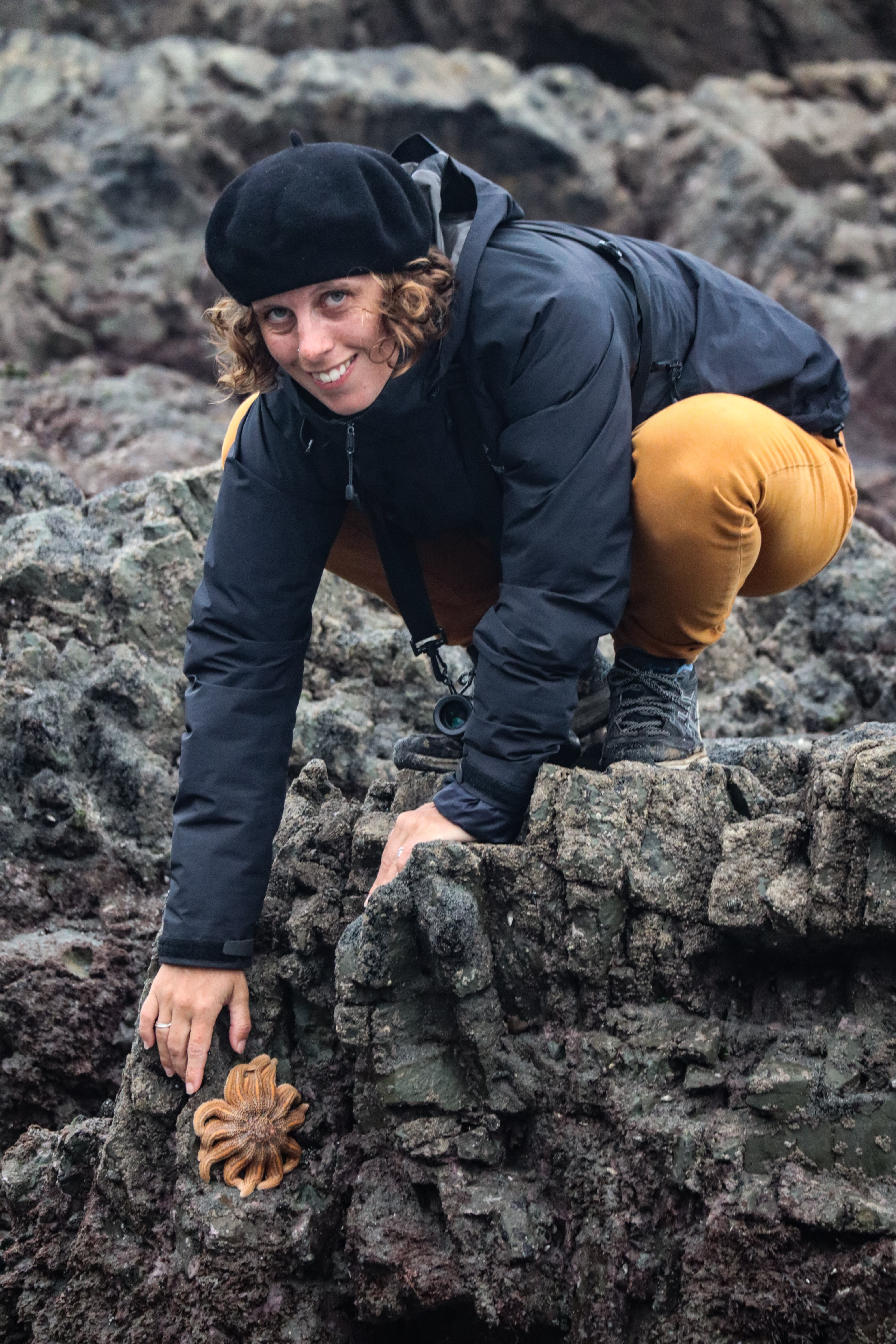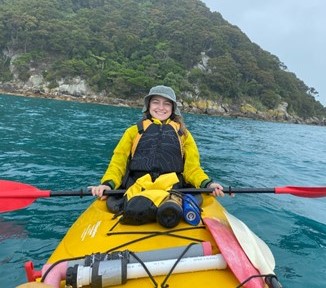Return to Fisheries and Wildlife Mentorship Program Homepage
- Read each Message to Prospective Mentees section carefully before applying.
- To apply and be matched with a mentor, please use the Undergraduate Application.
- Please Note: Some prospective mentors are advertising research opportunities (Prospective Mentors — Research), whereas others can only offer career advice and aid in the development of professional tools (Prospective Mentors — Non-Research).
Prospective Mentors — Research
These mentors are actively seeking undergraduates to assist with new and ongoing research activities. These mentors can also assist with the development of professional tools (e.g., CV, resume, application materials) and provide career advice.
Olivia Boisen
Location: Hatfield Marine Science Center (field sites Newport and Coos Bay)
Research interests: My research will focus on assessing eelgrass restorations in Oregon from the perspective of fish and invertebrate communities. Eelgrass serves as important nursery grounds for commercially important groundfish species and we seek to evaluate their performance in restored habitat through their diet, stable isotope analysis, and otolith aging.
Position description: I plan to start sampling this summer and would love help with field and lab work! The field work would include monthly seine netting for fish in the estuaries (over two years) where we will identify, measure, and elastomer tag fish. We will also use sediment cores, crab traps, and plankton nets to sample invertebrates. In the lab, we will be identifying invertebrates, prepping samples for genetic ID and stable isotope analysis, and aging otoliths. There are lots of different opportunities to get involved with this project depending on your availability and research interests. Most of this work will be in Newport, with the option to use the lab space in Corvallis when trained. Currently, this would be a volunteer opportunity but my hope is to guide you through applying for funding (scholarships, research awards, etc.) as this would greatly benefit your future career.
Lizz Blackburn
Location(s): CorvallisResearch interests: Bioenergetics, species interaction, smallmouth bass, steelhead
Research interests: I’m a second-year graduate student with Jonny Armstrong studying temperature-mediated species interactions. My thesis, a collaborative project between OSU and ODFW, uses bioenergetics modeling to quantify the impact of nonnative smallmouth bass on wild summer steelhead in Thirtymile Creek, a tributary of the lower John Day River.
Position description: This position will aid in the analysis of smallmouth bass and summer steelhead diet samples. For each diet sample, prey items are identified to order, enumerated and measured. This would be an unpaid volunteer position; I anticipate a total of 4 hours per week with lots of flexibility would be a realistic expectation. No experience needed, just willingness to learn. Outside of research opportunities, I am happy to give advice, offer guidance or provide words of encouragement for anything I can!
Prospective Mentors — Non-research
These mentors do not have research opportunities but are available to provide assistance with the development of professional tools (e.g., CV, resume, application materials) and career advice.
Madison Bargas
Location(s): Hatfield Marine Science Center, eCampus, Corvallis
Research interests: groundfish, ecology, biogeography, growth
Research interests: My research focuses on the spatial variation in age, growth, and maturity of black rockfish in the California Current and Gulf of Alaska. Understanding how growth varies in space is vital for effective management decisions.
Opportunity: I would love to offer support and guidance to students who are generally interested in marine (or freshwater!) science by reviewing applications, resumes, or chatting about various opportunities to advance education and career. I’m happy to provide feedback or share my experiences navigating college and a career path.
Peri Gerson
Location: Accepting Corvallis and ecampus students
Potential mentorship topics: My research is in support of ecosystem-based fisheries management initiatives and aims to quantify the relationships between groundfish prey distributions and their environments in the Gulf of Alaska. I know the transition from college to what’s next can be daunting and difficult to navigate. I am happy to provide advice and guidance on how to figure out your post-college plans, as well as feedback on job or graduate school application materials. I am also happy to provide help with the following: job search, resume and cover letting writing and editing, interview prep, career advice




